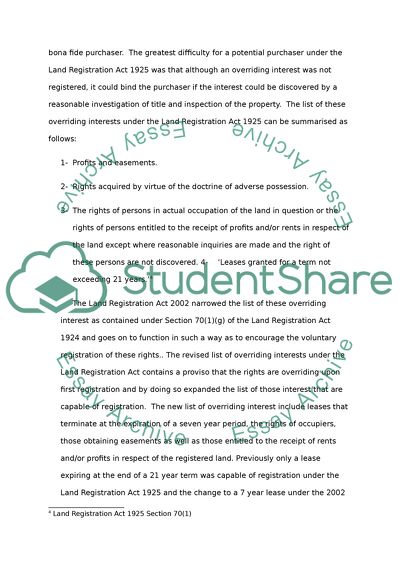Cite this document
(LAND LAW Case Study Example | Topics and Well Written Essays - 1750 words, n.d.)
LAND LAW Case Study Example | Topics and Well Written Essays - 1750 words. https://studentshare.org/law/1544481-land-law
LAND LAW Case Study Example | Topics and Well Written Essays - 1750 words. https://studentshare.org/law/1544481-land-law
(LAND LAW Case Study Example | Topics and Well Written Essays - 1750 Words)
LAND LAW Case Study Example | Topics and Well Written Essays - 1750 Words. https://studentshare.org/law/1544481-land-law.
LAND LAW Case Study Example | Topics and Well Written Essays - 1750 Words. https://studentshare.org/law/1544481-land-law.
“LAND LAW Case Study Example | Topics and Well Written Essays - 1750 Words”. https://studentshare.org/law/1544481-land-law.


